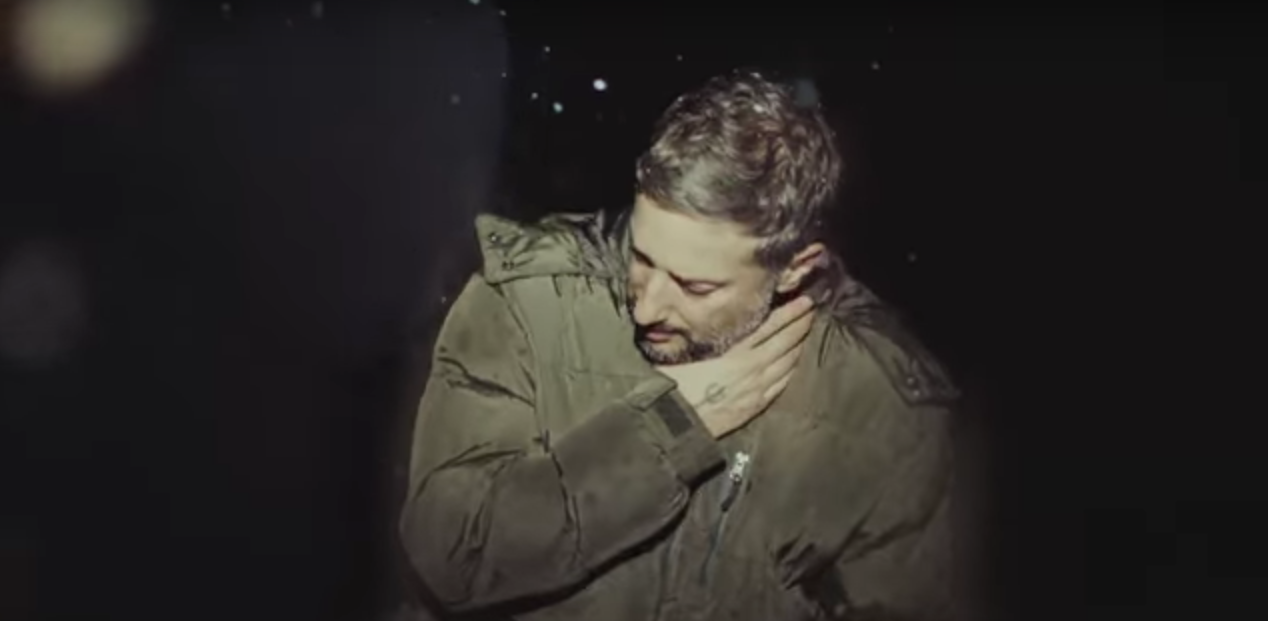


I think the quote comparing him to those other filmmakers is a good start.
#HARMONY KORINE MBTI HOW TO#
how to put what I like about Korine into words. I also wrote a term paper on the film a couple of years ago that I could try to dig up, but that was mostly on Korine's use of music. Hopefully this will spark some discussion, I'd love to watch GUMMO again this weekend and come back with a fresh POV. Now, someone take that and make it eloquent. I applaud him for that and try to join in his vision. Korine finds the good and the beauty in these characters, and he seems to be one of few to be willing to do it. I would defend GUMMO at the drop of a hat as one of the most humanistic films to be released in recent years. Solomon, the albino girl, the arm-wrestlers, the bunny boy - there's an amazing serenity in each of them. Korine is certainly interested in this subsect of America, but not as a project, not as a social experiment, and not as a freakshow he sees them as genuine people. The majority of the American audience cannot see a dramatic portrayal of this class of citizen as anything outside of that be all, end all criticism: Perverse. Yet when it's not being sent up through the likes of Jeff Foxworthy and his rag-tag band, when these characters are laid down with the realism of GUMMO, it's amazing how violently an audience reacts. The "white trash" caricature is one of the few prejudices that is still universally accepted in America today - Rednecks are to be laughed at, no more, no less. The film neither glorifies nor condemns these people and their idiosyncrasies, and the challenge to the viewer is to meet that detachment. And Korine lets Solomon, and all of his characters, embrace that view. Solomon sees nothing unique about his lifestyle: to him, it's simply that - Life, the alternative to Death. At one point Solomon says something along the lines of "Life is great, without it, you'd be dead." That circular, childlike reasoning envelopes the vibe of GUMMO entirely for me. I can't find a single frame of the film in which Korine shows contempt for any of his characters. I know the feeling, I was just as uncomfortable that first time, but I'm fully aware that the prejudice was my own, not Korine's. The viewer leaves GUMMO in shock at the types of "down-trodden dipshits" that they have just witnessed, amazed not only that these people (may) exist, but that a filmmaker would have the desire to put them to celluloid. I find that part of the brilliance of Korine and his work is that it brings out these biases in an audience. I've even seen it described as "pornography of disability". This seems to be the most common reason for people to offhandedly dismiss Korine and GUMMO in particular: he's in it for the shock value, he's exploiting the lower (lowest) class, he's glorifying substance abuse, animal abuse, racism, domestic abuse, etc. I don't want to single you out immediately, LightBulbFilm, because you are far from the first person I've heard say this, but since you put it so succinctly.

LightBulbFilm wrote.with what he thought to be disturbing portrayals of down trodden dip shits. "Harm Reduction", 2008 profile by Carl Swanson, New YorkĢ013 interview with Christopher Higgs, The Paris ReviewĢ013 interview with James Franco, Office MagazineĢ015 interview with Melissa Locker, The GuardianĢ016 interview with Nosheen Iqbal, The Guardian

ġ995 interview with Roger Ebert, Chicago Sun-Timesġ997 interview with Mike Kelley, FIlmmaker Harmony Korine by Harmony Korine, Alicia Knock, and Emmanuel Burdeau (2018) Harmony Korine: Interviews by Eric Kohn (2016) The Collected Fanzines by Harmony Korine and Mark Gonzales (2008)ĭan Colen: Pigs and Pigs and Pigs by Harmony Korine (2012 "Lotus Community Workshop" (2012)Ī Crack-Up at the Race Riots by Harmony Korine (1998) "The Devil, The Sinner, and His Journey" (1998) This romantic option led me to the cinema, a place where sin was welcome."įeatures (writer/director unless otherwise noted) "When I was a child, the temptation to sin was always a romantic option.


 0 kommentar(er)
0 kommentar(er)
